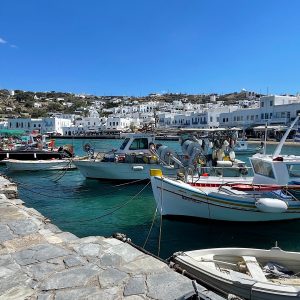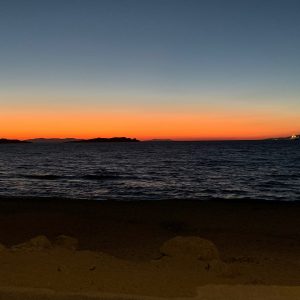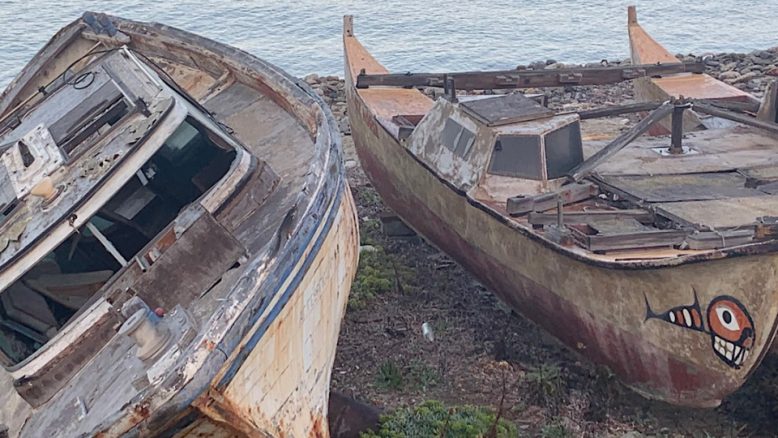I grew up near the ocean. The North Sea before school. The Pacific Ocean during school. And on various travels the water’s of the Indian Ocean, the Hong Kong sea, the Red sea, the Atlantic Ocean, and this year the Mediterranean. What this web toed scribe observed at every waters edge were boats, ships, dinghy’s and ferries.

There is a bit of humbling truth that one can learn from ferry systems. I recall the pandemonium that ensued after a ferry docked in Freetown and all the cars tried turn around and drive off at the same time. I can remember in the earlier days that loading a trailer onto a ferry in the city of Vancouver required extreme reversing skills as cars were loaded in reverse for a fast discharge, I have adapted to the inefficiencies of the BC coastal ferry system. Poor food, poor schedule, poor service and poor economics. I have travelled by tug and barge. I have beached on the gulf islands on a landing craft. On looking into the Greek islands ferry transportation I was amazed that I could book a seat (with a reserved location and class) on my computer in New Westminster. I could check-in on line, get a boarding pass with QR code and arrive at the terminal 20 minutes prior to sailing. The ferry pulled into the dock 15 minutes prior to departure, discharged the passengers, cars and cargo and loaded the departing passengers, cars and cargo and left on time. What was even more pleasant was the waiter who came to our seat, took our order and brought us our meal in less than 15 minutes. Good food, good service, good price. But then, they have history.

The organic integration of a ferry fleet (six ferries leaving within twenty minutes) the service orientation of all the staff, the cleanliness of the terminal and ferries all underscore a pride of profession. As the sun set over the sea I kept wondering why our bureaucrats can’t get this right. Can we serve our customers?

